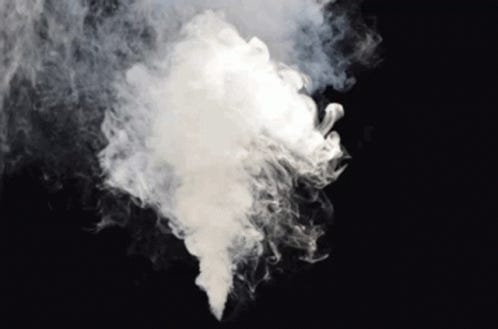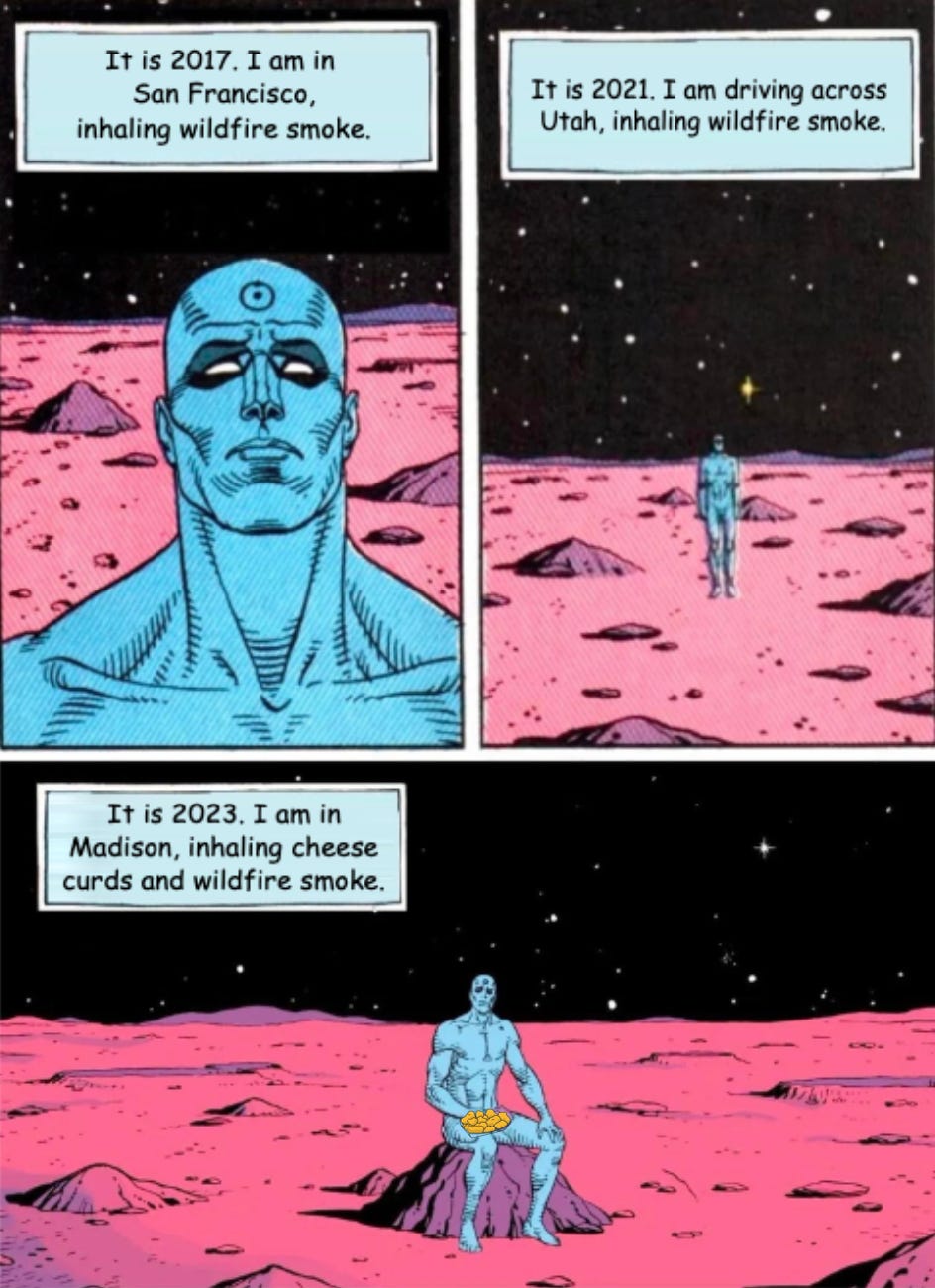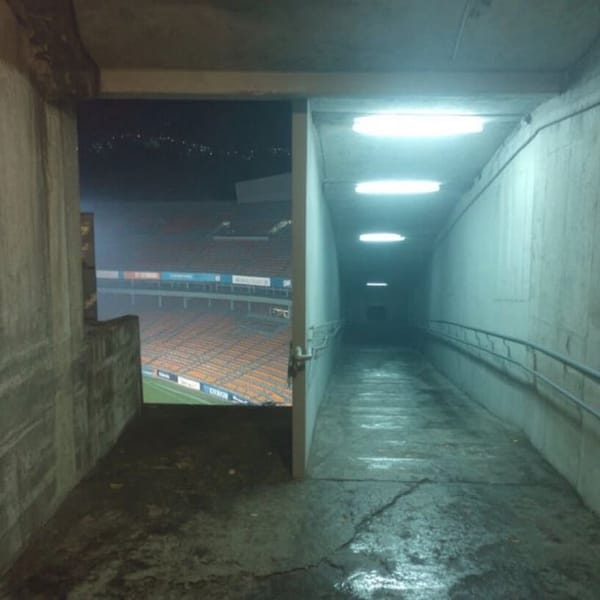Time theft
And the great unwinnable lawsuit


A month of wildfire smoke is bad anywhere you go, but in the midwest it’s worse. In California the weather’s nice for most of the year. Here, June carries special weight.
The smoke obscures regional differences like these. Anything that shoves us indoors like this flattens our experience of time. Weather and wildlife go through oscillations that look different in different places. Furniture and the Internet, for the most part, do not. We get removed from time as we know it, or depending on how you look at it, time as we know it gets removed from us.
We sometimes do this to each other. We may bore each other with pointless anecdotes. Workers may steal bits of clock time from companies. Small, finite chunks.
The recent Held v. Montana case is about the way governments and corporations can steal time from us in much larger ways, that require larger pieces of the justice system to address. Apart from the hand-wavy types already mentioned, they cause premature deaths; they steal entire futures.
Do you and I also harm each other in this way, with our consumption? Sure, like flicking each other in the ear. Certain actions and entities, certain companies and governments, do disproportionate amounts of damage.
This case will not get anyone to pay what’s owed, win or lose, but it will at least force courts to acknowledge the possibility that environmental disasters are not random acts of God anymore. Forest mismanagement, illegal drilling, and decades of lies about greenhouse emissions have body counts, even if hard to measure.
How will they pay? Can they? Is there an amount, anything they could give, that would make things right? Or is time a unique resource, a thing that can’t just be returned if stolen?




